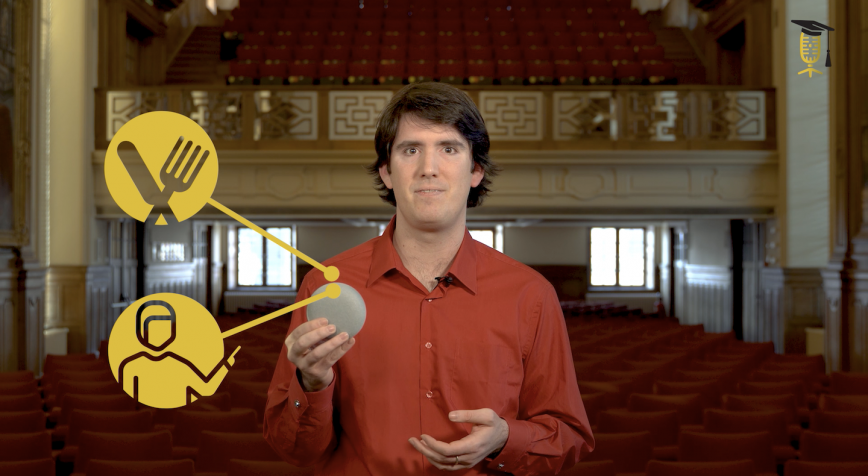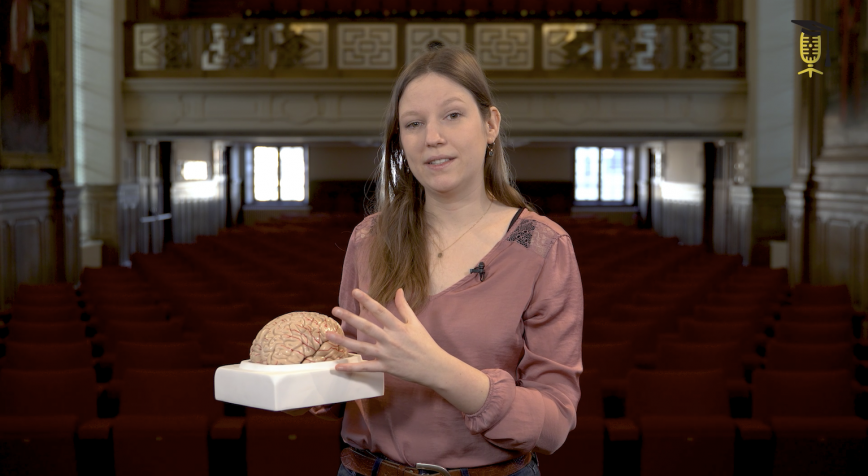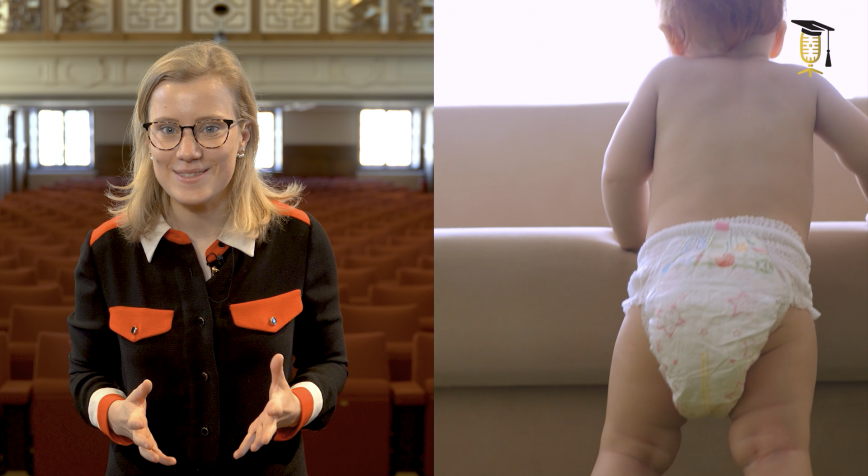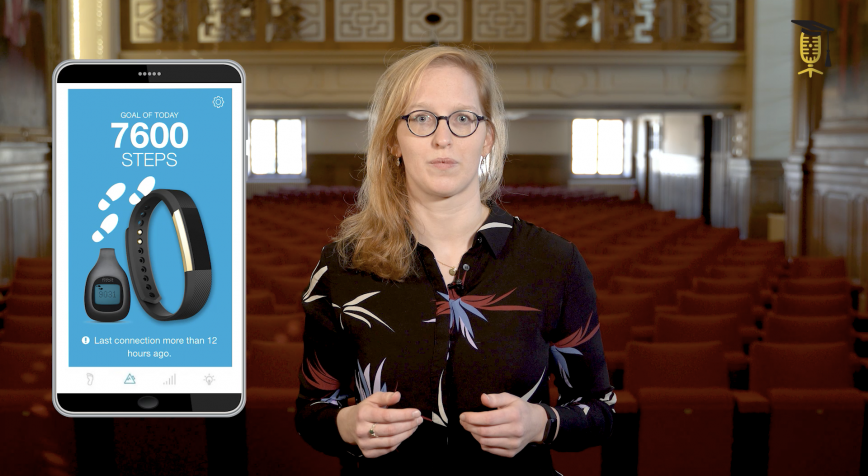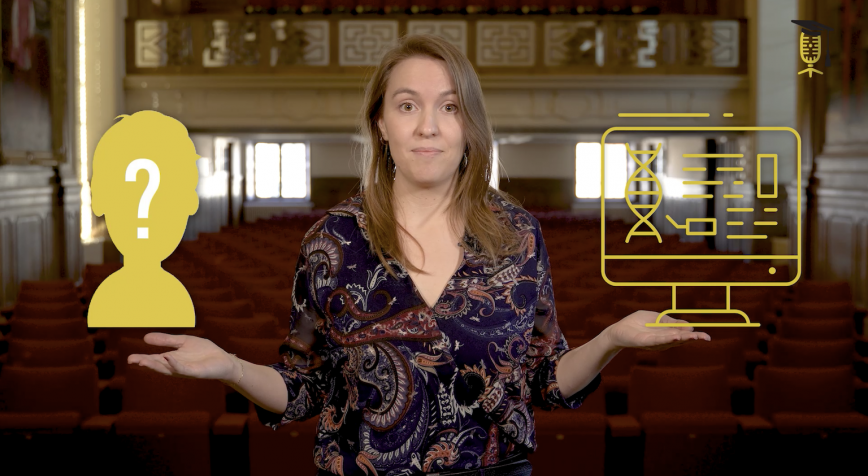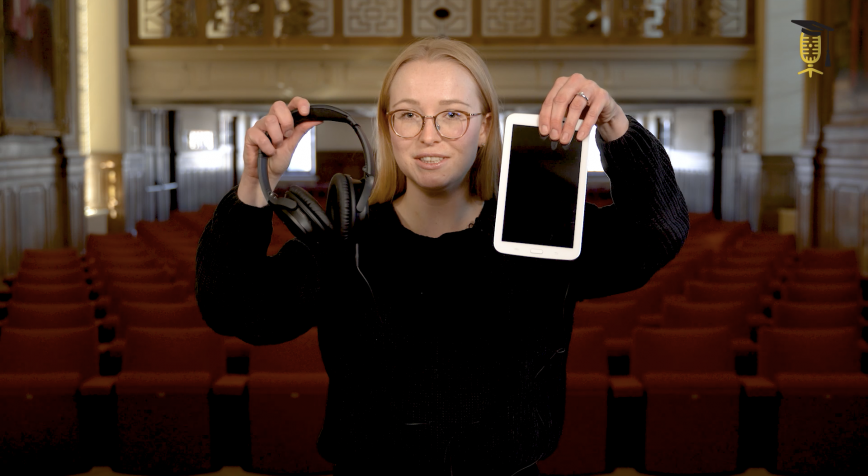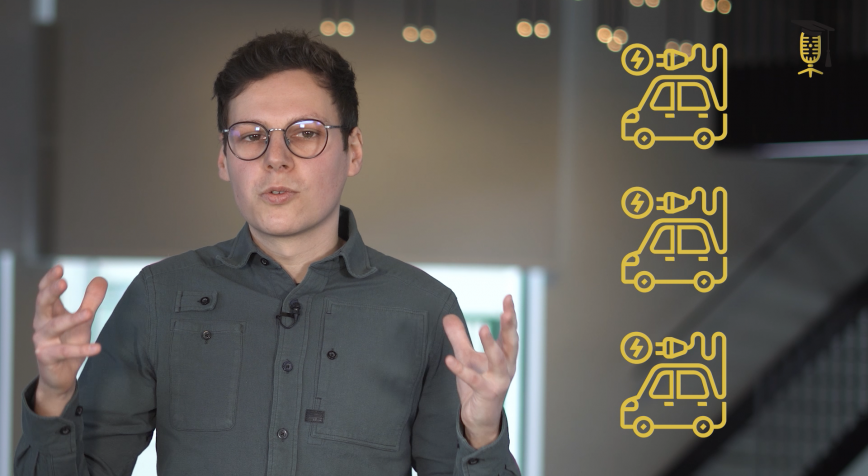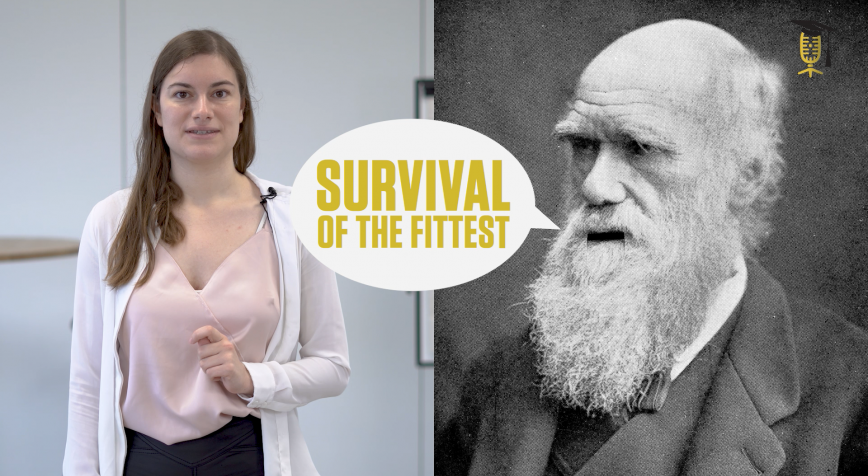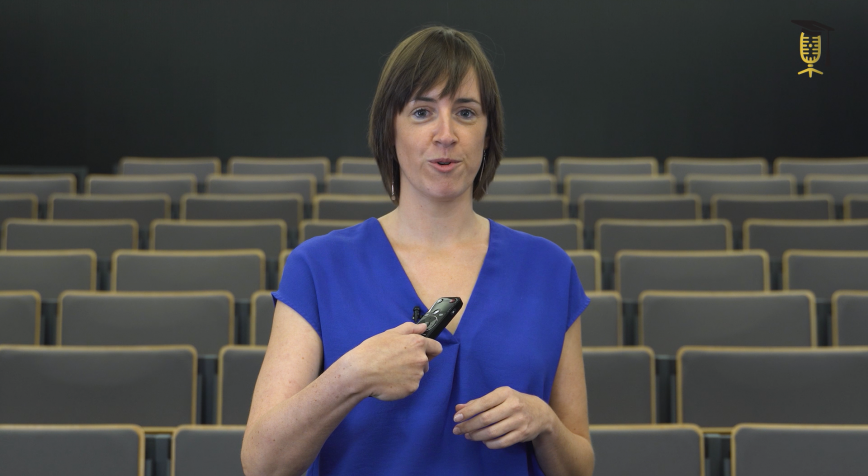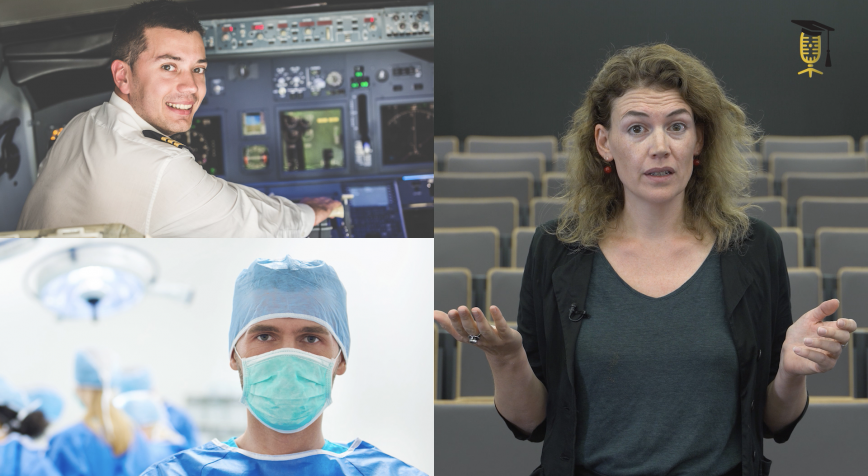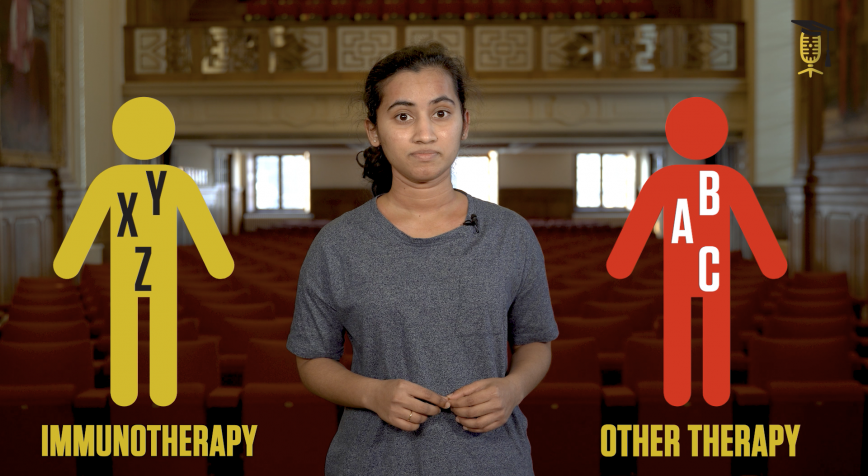
KU Leuven
Selecting the proper treatment for cancer patients
Immunotherapy is a very promising therapy for cancer, but only 15 to 30% of the patients respond to this kind of therapy. Giving immunotherapy to patients without knowing whether they will respond is expensive and can even harm them. That's why Madhavi Andhari is looking for markers to tell apart responders from non-responders.
